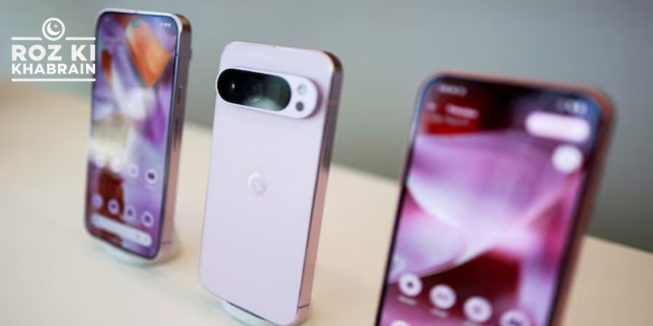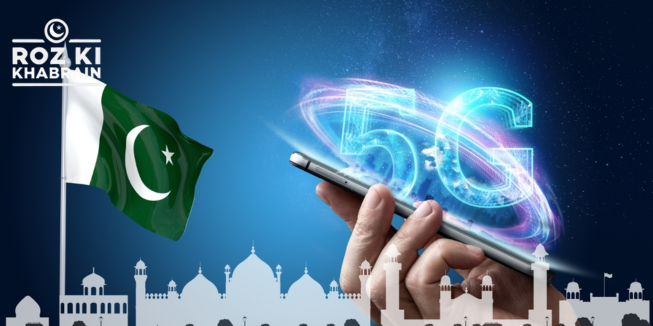Indonesia has prohibited the sale of Google smartphones due to regulations mandating the use of locally sourced components, following a similar ban on Apple’s iPhone 16 for the same reason.
The Indonesian government blocked sales of Google Pixel phones because the company failed to comply with the requirement that at least 40% of the parts in smartphones sold domestically must be manufactured locally.
“We are enforcing these rules to ensure fairness for all investors in Indonesia,” stated Febri Hendri Antoni Arief, spokesperson for the industry ministry. “Google’s products have not met the standards we set, so they cannot be sold here.”
Google confirmed that its Pixel phones are not officially distributed in Indonesia, but Febri noted that consumers could purchase them from abroad, provided they pay the appropriate taxes. He also mentioned that the government may consider deactivating phones sold illegally.
This ban comes just a week after Indonesia blocked the iPhone 16 from being sold domestically for not meeting local content requirements. Typically, companies respond to such regulations by increasing their use of local components through partnerships with domestic suppliers or sourcing parts locally.
Google and Apple are not among the leading smartphone manufacturers in Indonesia. According to research firm IDC, Chinese company OPPO and South Korean firm Samsung were the top two smartphone brands in the first quarter of 2024.
With a large, tech-savvy population, Indonesia is an important market for technology investments. However, Bhima Yudhistira, director of the Center of Economic and Law Studies think tank, criticized the move as “pseudo” protectionism that negatively affects consumers and undermines investor confidence. “This creates a negative sentiment for investors looking to enter Indonesia,” he commented.




